Question
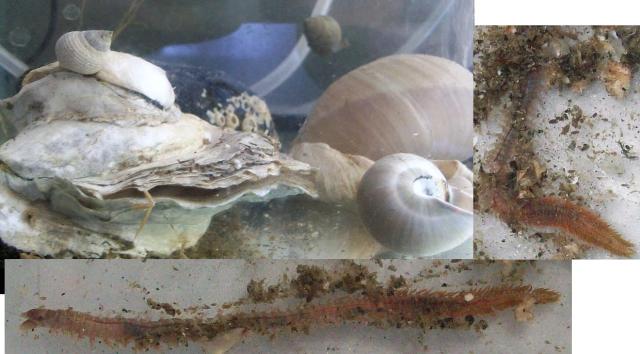 My tank
My tank
Memorial day weekend my family and I went camping at the Rappahannock River in Virginia. I love all times of animals, including sea life. I decided to take home a small bucket with 3 oysters, about a dozen snails (which i think are just mud snails), and one small grass with roots. The Rappahannock is brackish water.
When I got home I set up my 3 gallon saltwater tank and put all of it in. Here we are, almost a month later, and everything is doing very well. Except this morning when I went to feed my creatures, I saw this reddish-pink worm that looked like a water centipede. Then I saw another. I saw about 3 or 4 of them, and after some internet research, I'm guessing they are bristle worms.
My question is this: how in the world did they get in my tank? could they have been attached to one of the oysters? Or maybe eggs? I did add some seashells to the tank...but they have been dry stored for almost a year (I collected them last September from Virginia Beach). Do they have a dormant stage, or maybe the eggs themselves? Thank you very much in advance. I'm attaching a picture to give a reference.
AnswerHi Rebecca,
Thank you for the question... I love to hear about camping trips and aquatic life findings.
The animal in the picture is definitely a Bristle Worm, which can also survive in Brackish Water. More than likely it hitchhiked its way into your aquarium on something from the brackish waterway. Perhaps it was at its beginning larval stage, and microscopic in size, hence not initially seeing it. An alternative could have been one of the items from the brackish waterway had a few bristle worms eggs on it that hatched in your aquarium. These are very hardy pre-historic animals, with fossil remains dating back millions of years. Bristle worms can be found in salty waters all around the globe. They are a natural part of most reef ecosystems in nature.
Here is a little more in depth information on Bristle Worms:
Hobbyists have come to the conclusion that small bristle worms pose no threat to other tank inhabitants and are in fact good scavengers and add to the biodiversity of the tank. You can even buy bristleworms from some sources.
Even large bristleworms are starting to be better understood. Although it appears that some large bristleworms can be aggressive predators, these seem to be in the minority. Many large bristleworms seem to fall into the harmless scavenger category.
Notes:
Look for bristle worms at night with a flashlight to see if more are present in your tank. Feeding the tank in the evening will sometimes cause them to come out and feed.
Capturing large bristleworms, if you desire to do so, can be difficult. They are secretive and primarily nocturnal. Large ones should not be captured by hand due to their sharp pincher teeth and setae which can puncture the skin. One way to capture large ones is to place a rock with a hollow on the bottom side onto the sand in the evening. A piece of shrimp or similar can be placed into the hollow to act as bait. The next day the rock can be removed and the worms will come out with the rock, or they can be captured using a net or tweezers and disposed of. There are also traps available on the market. Biological controls are sometimes mentioned. Several species of Wrasses, Copperbanded Butterflyfish, Banded Coral Shrimp and Arrow Crabs can all be used as a natural method of eradication. My recommendation is to leave them alone unless you have reason to believe they are causing damage or unless you see large quantities of them starting to take over the aquarium. Also be aware that when an animal, such as a clam dies, the bristle worms will frequently feed on the carcass as will any scavenger. Many people misunderstand that the worms are only scavenging and falsely assume that the worms killed the clam or other specimen.
Best Regards,
Dave
All Experts - Editor
OCReef.com - Director
P.S. Keep the stories coming, I'd love to hear about them.


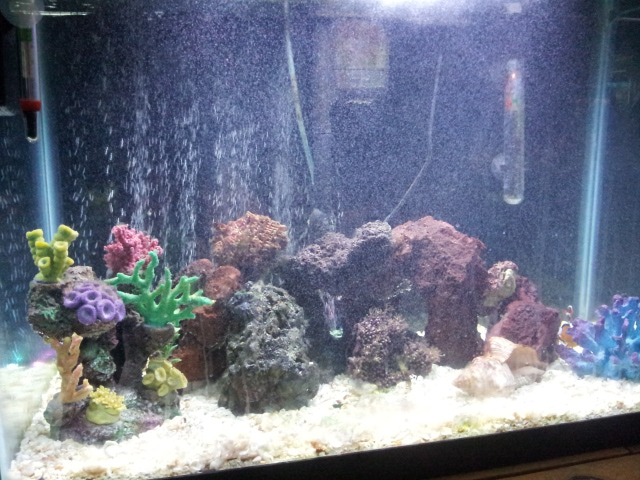 shell fish trouble
Question
my tank
Hey there, im pretty new at the
shell fish trouble
Question
my tank
Hey there, im pretty new at the
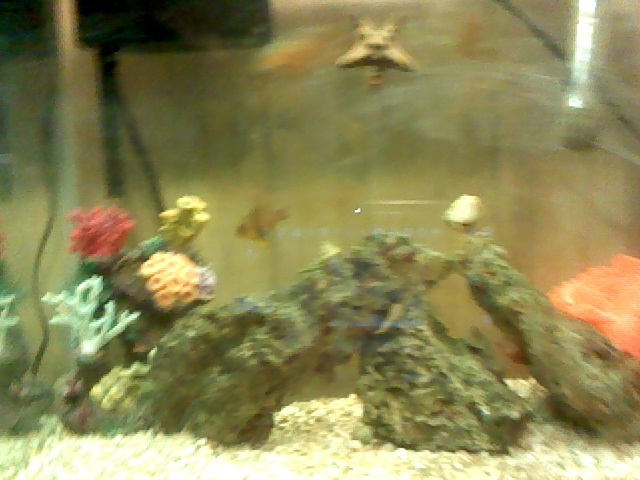 live rock
Questionmy tank
QUESTION: Hello, I have a 14 gal
live rock
Questionmy tank
QUESTION: Hello, I have a 14 gal
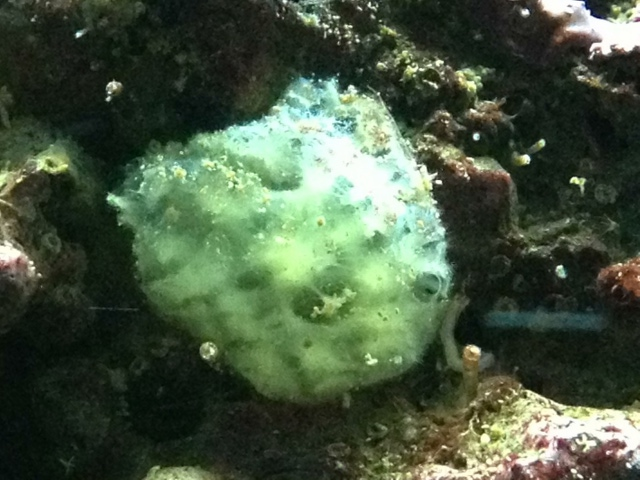 Growth in tank
QuestionQUESTION: My 55 gallon tank (4years old) has be
Growth in tank
QuestionQUESTION: My 55 gallon tank (4years old) has be
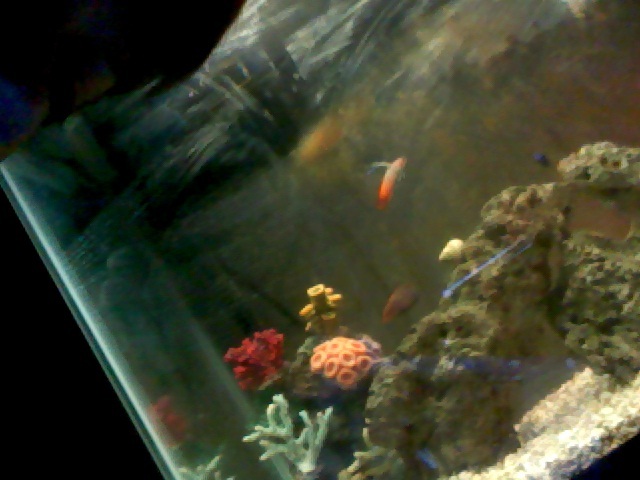 six line wrasse
QuestionQUESTION: Hello, I have a 14 gallon tank with y
six line wrasse
QuestionQUESTION: Hello, I have a 14 gallon tank with y
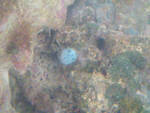 groth on live rock
Question
rock growth
Hello
can you please identify thi
groth on live rock
Question
rock growth
Hello
can you please identify thi